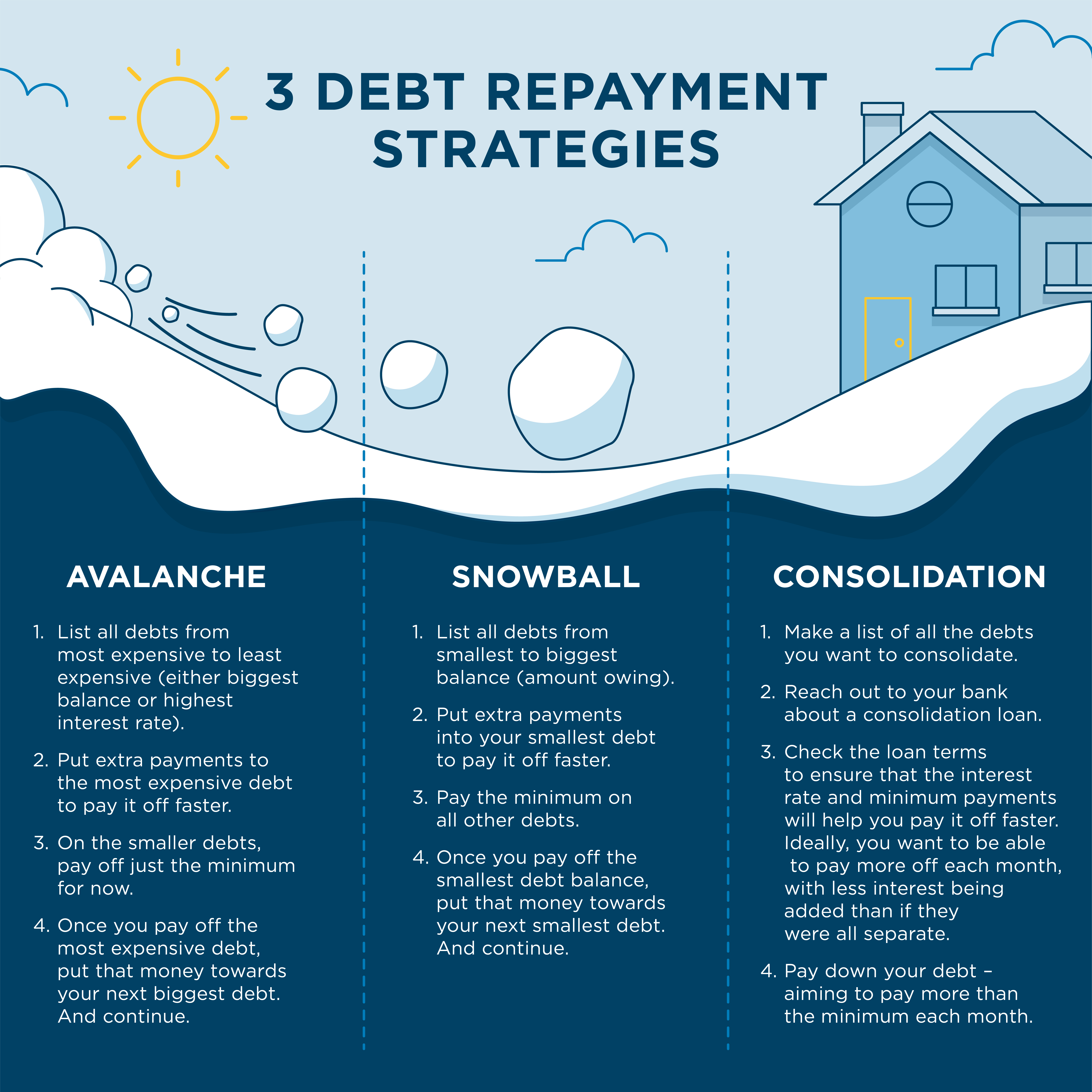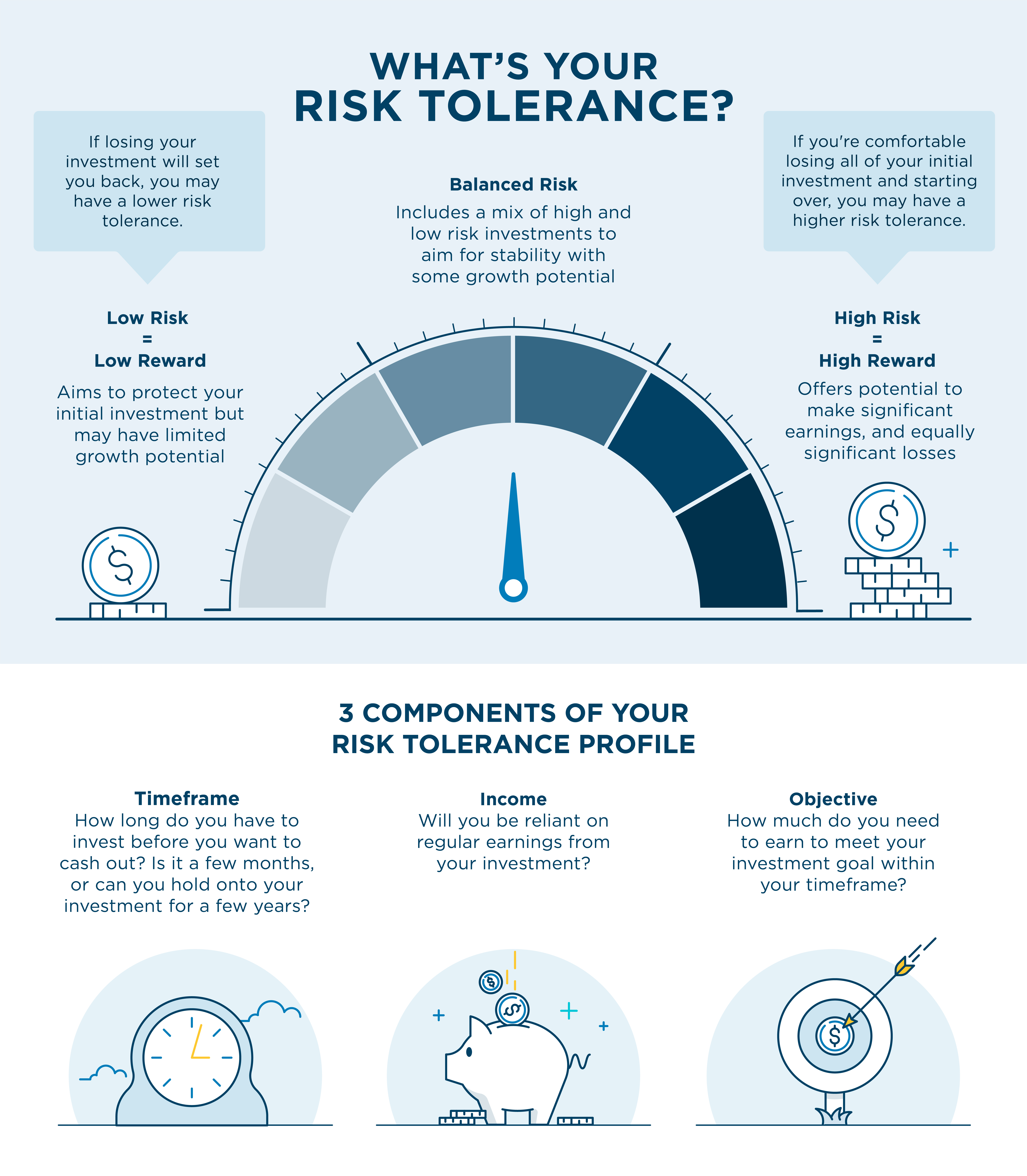-
Estimated reading time
5 minLearn how to
- Curb impulse buying and stress less about debt
- Train your brain to avoid overspending
- Become a smart investor

Our brains are wonderful (and squishy) things. They contain billions of neurons that allow us to remember important memories, make big decisions, and do, well, pretty much everything!
This vital organ can also influence how we spend, save and manage our money. From our emotions to social influences (like family and friends), to mental shortcuts and different patterns of thinking (known as cognitive biases), there’s a lot going on up there. That’s why we’re explaining the science behind five common money decisions so you can train your brain to be financially savvy.
Why do we impulse buy?
Whether it’s buying another pair of white sneakers (they were on sale!) or purchasing the latest phone model (no FOMO here), most of us have made an impulse purchase at some point in our lives.
This tends to happen because of hyperbolic discounting, which is our preference for immediate rewards over ones that come later. Hyperbolic discounting, plus sometimes who we shop with, can play a huge role in impulse buying.
How to train your brain to curb impulse buying
Overcome hyperbolic discounting by shifting focus from the instant satisfaction you’ll get from spending. Here’s how to do it:
- Think about future-you. How will spending your money now affect you in the next few weeks, months, or years? Try to imagine your future self and decide if your impulse buy is actually worth it.
- Write a list of things you need (rather than what you want!) and tick them off as you go. This can help you stay on track and encourage self-control when you’re shopping.
- Wait a day or two before buying. You might change your mind if you really think about it. If you still want to make the purchase, consider a lower-cost alternative, like buying from an online marketplace or a different brand.
Why do we prefer paying the minimum repayments on debt?
It might feel easier to repay the minimum amount on your debt because it’s convenient; the payment amount and frequency are familiar. However, this could be due to default bias, where you stick to your usual habits (your default settings) even if they’re not the best idea for you or your wallet. Though you may know that making extra repayments helps clear debt faster, the comfort of convenience can keep you stuck in the habit of paying only the minimum.
How to train your brain to pay debt the smart way
Change your debt repayment autopilot settings by:
- Getting a better understanding of your debt. Knowing your debt inside out can put you one step closer to paying it off. Start by making a list of what you owe, the rate of interest as well as due dates and loan terms.
- Thinking about the benefits of paying down your debt. This can help you resist the urge to spend windfalls (like your tax return or work bonus) and get you closer to paying off your debt.
- Choosing a debt repayment strategy that aligns with your financial situation: avalanche (big to small), snowball (small to big), or consolidation (combine them into one).
payments stratergy
Why does saving money feel difficult?
It’s natural to avoid anything that belongs in the ‘too hard’ basket – even saving money. If you have a habit of spending most of your money as soon as you get paid, you might be experiencing status quo bias, where you fall into the same old spending habits even when they don’t serve you.
How to train your brain to be a savvy saver
Shaking up your savings status quo can set you up for future success and encourage smart saving behaviour. Here’s how to get started:
- Create mid-to-long-term financial goals to stay motivated, like setting a goal for three months or three years. You can also make your own rewards program to treat yourself for your hard work.
- Automate your savings. Not having to think twice about growing your wealth? Yes, please. Consider setting up an automatic transfer when you get paid that puts some money into a savings account separate from your daily spending.
- Hide your savings by locking them away in a term deposit or adding a hurdle to access your cash such as blocking cash withdrawals from your card. This can help when you feel the urge to spend on things you don’t need.
Why do we overspend?
Overspending can happen to the best of us. For example, your lifestyle might change because you had a baby or adopted a dog, but your income has stayed the same.
Another reason why you might overspend is mental accounting, which is when you treat money differently based on where it comes from, how you plan to use it, and spending limits you set for yourself.
For example, you might use your tax return to buy a new smartwatch for $200. If you get an extra strap, you’ll qualify for free shipping (hooray!). But you would have paid less if you just bought the watch and paid $20 for postage. In this scenario, you feel like you can spend your windfall on anything you like (instead of saving it). Meanwhile, mental accounting had you thinking that adding the extra strap would save you money, rather than just paying for shipping.
How to train your brain to avoid overspending
Think about how overspending impacts your budget and other things you want to buy. If, for example, you overspend on a night out, it’s going to take you longer to save up for the car you want to buy. Spending with logic rather than intuition is the key to overcoming mental accounting. Here’s how to do it:
- Make a budget and stick to it. You can use our handy budget planner tool to get started.
- Turn on transaction notifications on your bank app to hold yourself accountable.
- Treat all sources of money equally instead of thinking of extra cash as special spending money. This can help reduce the urge to splurge because any bonus money you receive is just like your income.
Why do we make safe investments when we have lofty goals?
No matter what investment you make, there’s always a risk of losing money in the process. But some people might experience loss aversion, where they feel the pain of losing more strongly than the reward of making a return. This can cause you to avoid riskier investments and stick to safer options even if they have a lower return.
How to train your brain to invest smarter
Reducing the impact of loss aversion comes down to your investment strategy:
- Diversify your investments. If one of your investments doesn’t bring home the bacon, you’ll still have others you can count on which can help you feel confident with your choices.
- Reframe any investment loss as an opportunity. By shifting your mindset in this way, you can make smarter investing decisions in the future by learning from past losses and applying this to your future investments. Who knows, you might be more successful the second time around.
- Work out how much investment risk you’re willing to take. You can use our flow chart as a starting point.
Risk tolerance
-
-
Buying your next home?
See our home loan tools, articles and resources to help you explore your home loan options. We'll help you get to a good place.




